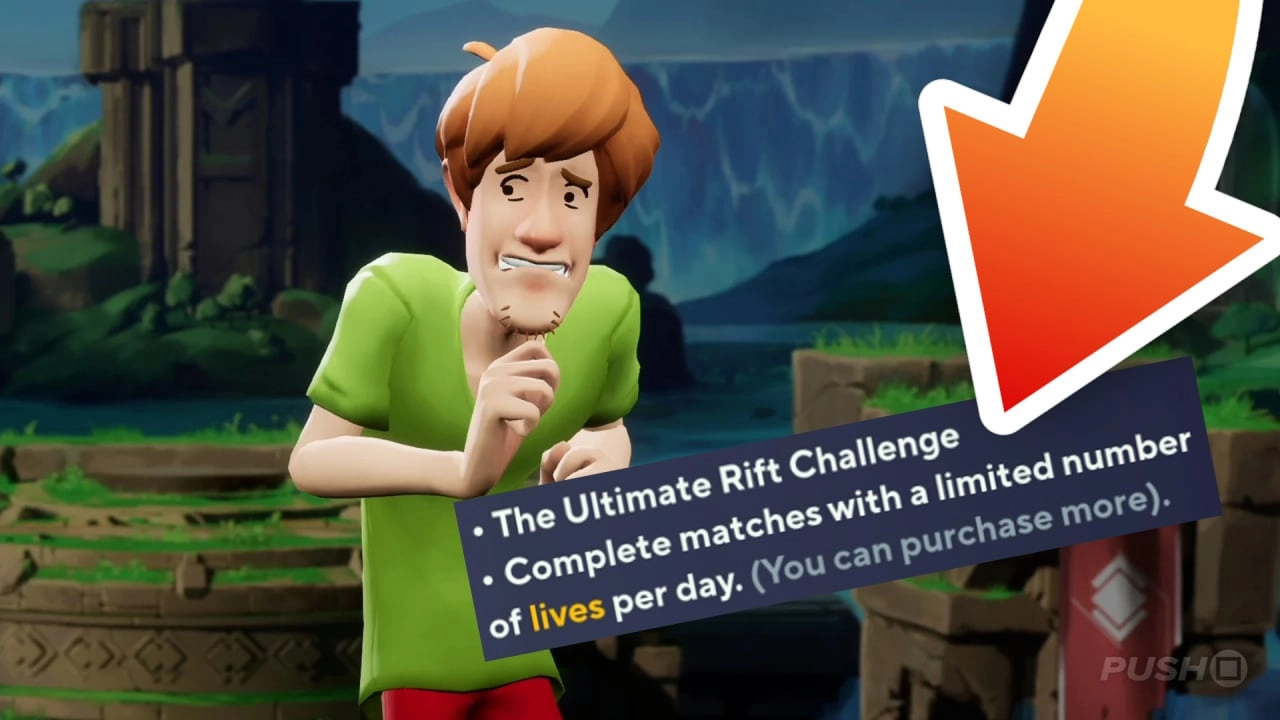
MultiVersus, a recently re-released free-to-play game, is once again in the spotlight but not entirely for reasons the developers might have hoped. While the game has received a positive reception in terms of gameplay, its monetization strategies have raised eyebrows among the gaming community.
A significant aspect of the controversy involves the game's pacing in unlocking new characters. Players have expressed dissatisfaction with how slow it feels to unlock new characters without using real money. This slow progression seemingly pushes players towards spending real money to speed up their experience, a common criticism in many free-to-play games, which relies heavily on microtransactions for revenue.
Moreover, an even more contentious issue arose when players discovered a feature in the game's Looney mode - a high difficulty setting in the fighter’s single-player Rifts mode. According to the initial game description, this mode allowed players to "Complete matches with a limited number of lives per day," with an option to "purchase more" lives. This feature caught the community off guard as it seemed to go against the spirit of fair play by making it easier for players who spend more money to progress in the game.
This was particularly alarming as Looney mode wasn't even supposed to be available until July 10th. However, due to a glitch, some players accessed it early and discovered that one could buy a single life for 49 Gleamium, which is roughly equivalent to $0.50. This discovery stirred a significant uproar among the MultiVersus players and broader gaming community, criticizing the developers for implementing such a system.
In response to the backlash, Player First Games, the developers of MultiVersus, issued a statement claiming that the feature was a "bug" and assured that it was not an intended feature of the game. They announced this through Discord and social media, stating the option to purchase extra lives had been addressed and removed.
However, the explanation given by Player First Games did little to quell the frustration. Many in the community found it hard to believe that such a mechanism could unintentionally exist as a bug, suggesting instead that it might have been a testing feature accidentally left in the game, or worse, a deliberate, undisclosed component of the game's design. The common consensus was that if it were genuinely a bug, it would represent a significant oversight, but the nature of such a feature made that hard to believe.
This situation places Player First Games in a difficult position. The gaming audience today is highly sensitive to perceived exploitative monetization strategies, especially within games that are marketed as free-to-play. The backlash from the community is not just about the specific bug but more broadly about the trustworthiness and transparency of game developers in handling in-game purchases and progression systems.
While MultiVersus continues to be a popular choice among players, and many appreciate its gameplay mechanics and character roster, issues like these highlight the challenges and pitfalls of monetization within video games. Developers must navigate these waters carefully, balancing profitability with fair play and maintaining open, honest communication with their player base.
The incident serves as a critical lesson in transparency and community engagement for Player First Games and other developers within the free-to-play market space. As the landscape of gaming continues to evolve with digital and microtransaction economies, maintaining player trust remains a key component in the success and longevity of any title in this competitive industry. The MultiVersus case reveals the thin line developers walk on and underscores the importance of clarity and honesty in game development and marketing.
You must be logged in to post a comment!